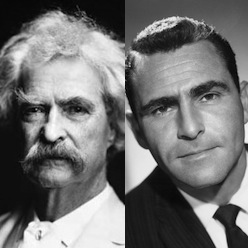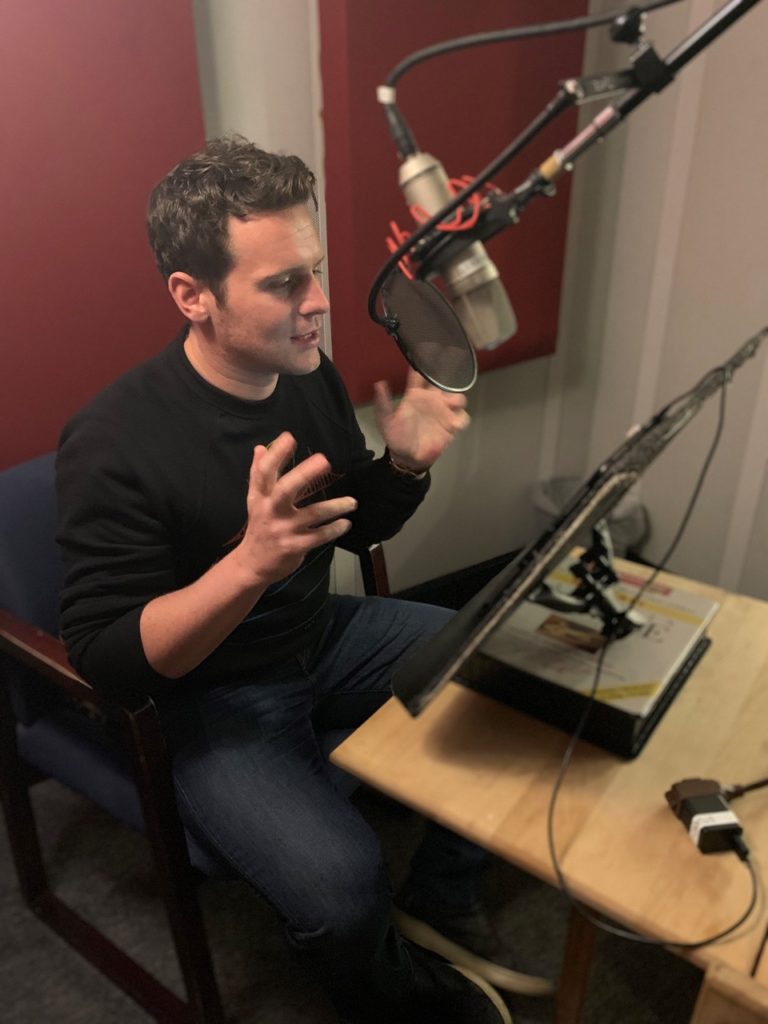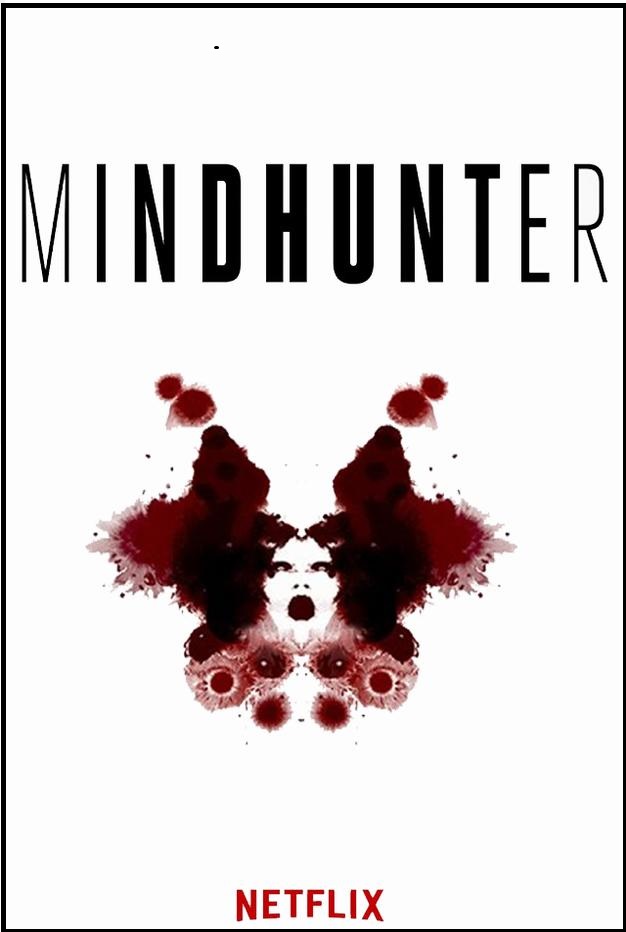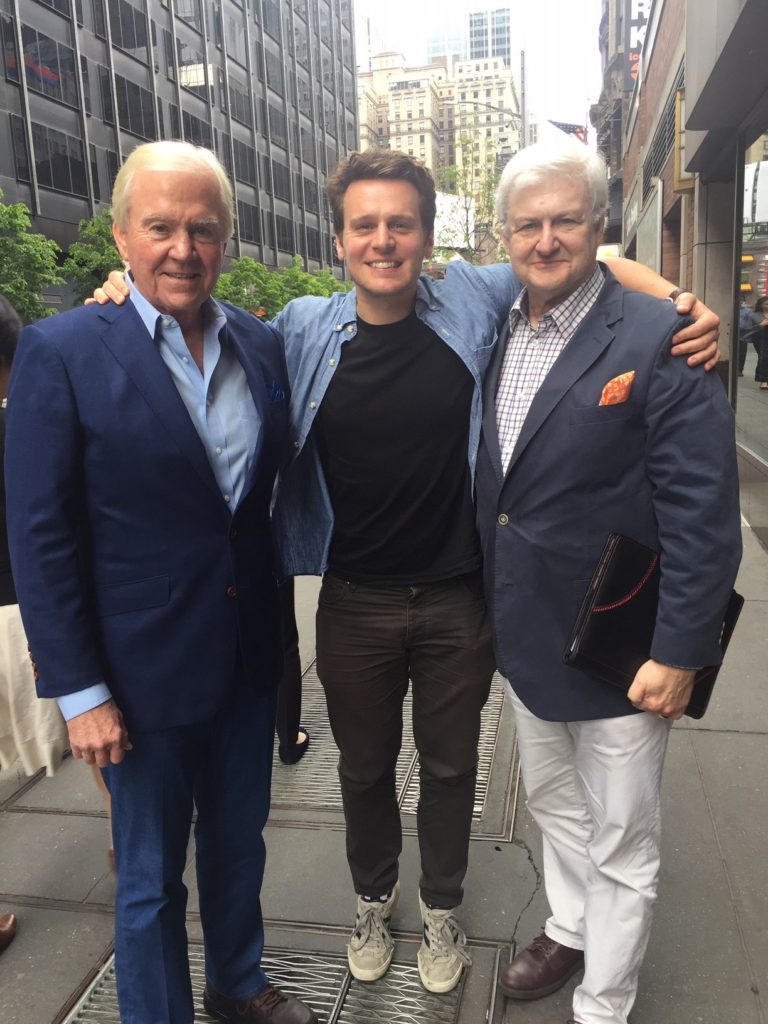Please note the UPDATE to the September 24 post.
After reading yesterday’s post about a North Carolina school board banning Ralph Ellison’s 1953 classic, Invisible Man, our friend and correspondent Naomi Miller brought to us an article by Jennie Yabroff on Biographile.com about other authors who had been banned.
http://www.biographile.com/muffled-voices-5-famous-authors-of-banned-books/23799/
The list – by no means complete – makes fascinating reading, and brings up an important point about freedom of expression and what it means to be a human being in a free society.
As we mentioned yesterday, what Hemingway and others considered the greatest novel in the American canon, Huckleberry Finn, has been banned numerous times and in numerous places. In 1885, it was banned by the library of Concord, Massachusetts, due to its salty language, bad grammar and general unfitness for children. Upon hearing this, author Mark Twain readily agreed, explaining that he himself had been irreparably harmed by reading a similarly subversive book: the Bible.
In 1973, Kurt Vonnegut’s Slaughterhouse Five was not only banned but burned by a high school in North Dakota for immoral profanity and sexuality.
Thirty years after its publication, JD Salinger’s The Catcher in the Rye had the distinction of being the second most taught, as well as the most banned, novel in American high schools.
One of my own personal favorites, Nobel laureate John Steinbeck’s The Grapes of Wrath, was burned by the Associated Farmers who claimed Steinbeck was a socialist who exaggerated the trials of the Okies for the purposes of political propaganda.
In 1966, the school board of Hanover, Virginia, a state with one of the ugliest records of resisting integration and equal rights, banned Harper Lee’s To Kill a Mockingbird because it was immoral.
We could go on and on with examples, but Ms. Yabroff has provided some potent ones. And the common thread among these diverse titles plus the imports I mentioned yesterday – Lady Chatterley’s Lover and Ulysses – is that they all have something important to say; something about the times, the sociopolitical climate, or simply what it means to be a human being in a particular time and place.
And for a lot of people, and a lot of organizations, exposing young people to works that might encourage them to think and make up their own minds is extremely threatening.
It was threatening enough for the Nazis to hold mass book burnings and put writers in concentration camps. It was threatening enough for the Taliban to try to kill a teenaged girl who wrote and spoke out for women’s rights and education. And it is threatening enough for school boards all over to try to restrict what their youthful charges read.
I quote from my great mentor, hero and late, cherished friend Rod Serling:
“One major and fundamental guarantee of protracted freedom is the unfettered right of the man to write as he sees fit, as his conscience indicates, as his mood dictates, as his cause cries out for. The moment you begin to censor the writer – and history bears this out in the ugliest of fashions – so begins a process of decay in the body politic that ultimately leads to disaster.”
“It has forever been thus: So long as men write what they think, then all of the other freedoms – all of them – may remain intact. And it is then that writing becomes a weapon of truth, an article of faith, an act of courage.”
Amen.




























Hi
[…]expert with this make any difference we should instead become continuously motivated or eager both[…]
I was fortunate too. When I went to a public school in the 70’s there were banned books. It was a very controversial time and parents/ parent dominated political school boards were going nuts.
Fortunately my parents placed me in a Catholic high school…that might sound bad I know…but it was run by Jesuits dedicated to education. They refused to ban books. The school library was almost as good as a university, it was amazing what you could find in there!
Besides ‘the brothers’ we had lots of hired professional teachers, a rabbi teacher, even a Sikh teacher. The school was run by a panel from among the teachers overseen by a hired professional principle.
I always thought it ironic that the most free/ liberal/ best learning achieving school I experienced was a….religious one…run by Catholic Jesuits yet!
I wish everyone could have that kind of learning experience even if the religious overtones had to be removed….A teacher run school protected/ shielded from politics/ parents….was great.
I was fortunate. Although I remember the (literally) locked shelves in the Fairfax Library back in the ’50’s and ’60’s, my parents would check out anything I wanted to read after making sure that I understood the concepts I was going to encounter. Thus my first discussions of abortion came when I wanted to read “A Time to Love and a Time to Die” by Remarque, and my mother explained both the biology and the debate. I have tried to do the same with my kids. Same deal for movies, although they were not a big feature in my childhood (not everyone got to live in walking distance of Connecticut Ave.), I might make my children wait to watch a movie, but I don’t think that’s the same as making it unavailable to other people’s children.
Unfortunately, the solution is not universally applicable, and that would be for every child to be fortunate enough to have parents like yours and like you’ve become. I wish your experience – and mine – could be a model, though.
I see the book banning by schools as just part of the big problem of power having been taken away from educators. I’m old enough to remember that our lower middle class and ultra conservative community, in a time when parents didn’t question the authority of school leaders, managed to bridge the gap for many neglected kids from unfortunate homes. Schools often expected a higher standard of behavior than was expected when they went home for the night. Because schools still had authority, they were able to make much better effort at giving all children a good education, no matter what they were living through at home. Parents didn’t threaten to sue simply because something was expected of the children at school that wasn’t expected at home. If they came to first grade acting out in a bad way, they quickly realized they were now sticking out like a rusty nail and many of them peeled it back. Now parents continually threaten to sue and harangue the teachers and school administration if their kids have any consequences from being bullies, if their kids don’t get good grades, if their kids learn Darwinism or get a brief overview of other world religions. And it’s the same group who seem to think they’re kids are entitled to a free pass who are shouting to banish books.
Twain’s books were actually written contemporaneously, and are a vivid look into the reality of the time, and a sympathetic look as well, so I don’t understand the problem with it. Many of the most wonderful memories of my childhood have become un-PC and gone away entirely, Gone With the Wind, the old Tarzan series. All i can say is it’s a good thing I didn’t take the cowboy and indian movies personally growing up or I’d not have had much to entertain me, being both cowgirl and indian at various times.
There is much wisdom and seriousness in your comments, Cornerstone. But let me also say that, like you, some of my fondest memories from childhood are Saturday afternoons at the neighborhood theater watching western double features. I think Lone Rangers were my favorites, and nothing like the current version out now.
You speak the truth, Kemosabe.